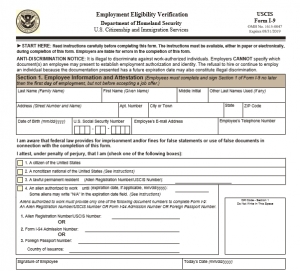The change in season means more than just colder weather and shorter days. Fall is also the start of the dreaded cold and flu season.
The Mystery of Human Blood Types
The ABO blood group evolved at least 20 million years ago, but scientists still don't understand the purpose of blood types
Donate Blood
Blood Facts
- Today, fewer than 4 of every 10 people in the U.S. are eligible to give blood. Fewer than 1 in 10 actually donate.
- Approximately 40,000 pints of blood are used each day in the United States.
- Approximately 1 out of every 7 people entering the hospital needs blood.
- 1 donation has the potential to save as many as 3 lives.
- 3 teaspoons of blood can save a baby's life.
- If there are 100 people in a room, 46 will have type O blood, 40 will have type A, 10 will have type B and four will have type AB.
- If 50 people donate, they could provide enough blood to take care of victims of a major car accident.
- If 20 people donate, they could help 1 burn victim.
- Most whole blood donors can give every 8 weeks.
- Plasma donors can give as often as every 3 days.
- Blood lasts only 42 days.
- Platelets last only 5 days.
See the link below for more details!
http://www.bloodsource.org/Donate/Blood-Facts-FAQs
Originally posted by Blood Source
January Is…
National Blood Donor Month
Happy New Year! With the closing of another year, we will jump right into our second month of Alpha Cares, which raises awareness and funds for causes that are near and dear to our hearts!
January is National Blood Donor Month! Every two seconds, someone in the United States needs blood. Those who suffer from accidents or sickness are in great need for red blood cells, plasma, platelets, and cryoprecipitate that come from donated blood.
Many people have a fear of blood or needles that keep them away from donating blood. However those with that fear who decide to give blood find that the process is easy, relatively pain-free, and quick. The donation process is quite simple, as it is split into four parts: registrations, health history and mini-physical, donation, and refreshments.
You too can save a life by donating blood. Visit www.redcross.org and type in your zip code to find the nearest blood drive location. Please consider supporting this important cause, as there are many people who are in need of donated blood every minute.
The newest version of the Form I-9 is now available, U.S. Citizenship and Immigration Services (USCIS) announced.
Originally Posted by The Sun Chronicle
Local unemployment rates continue to fall with Norfolk now down to 1.9 percent and Plainville and Wrentham close behind at 2.1 percent each.

The Alpha Group, Inc. has always been and will remain a drug-free workplace.
The Alpha Group is one of the largest independently owned staffing services in New England and Southeastern Massachusetts. It is not enough to just say we can meet your staffing needs, there are hundreds of other agencies that make the same claim. The difference between us and them is we truly believe in what we do, and we will meet your staffing needs— every time. Learn more about our staffing services tailored to your business.






